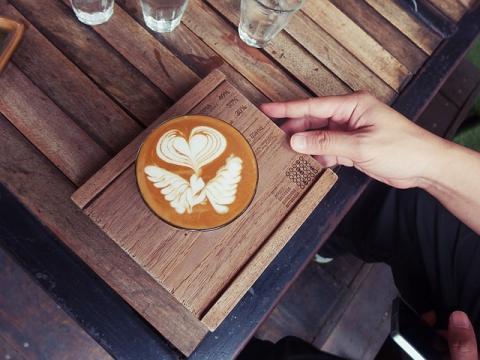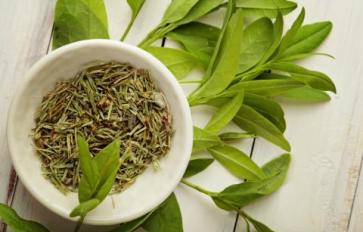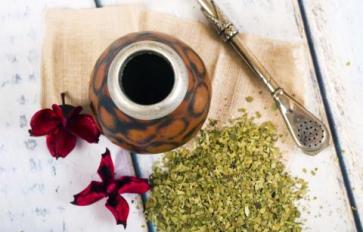
Coffee can be an addiction, or it can add its very best to your day…
I am a coffee craver. Most coffee lovers would probably not agree to this statement of mine because my coffee needs are not over the top. I crave one cup in the morning when I begin my day at 5:45am, but tend to hold off until after 7am, once my elder child has been packed off to school. The second cup I crave at about 10:00am when I sit down to write, but I try and avoid this one. And finally, by about four in the evening I just have to have my usual second (but sometimes third) cup – the kids are home, there’s homework to be done, the dog wants a walk, there are chores to be completed and I am usually lagging behind in my writing too. Before I had kids I was up to 6-7 cups a day – pregnancy made me tone down my addiction to a healthier level. What we oft ignore, but should keep in mind, is that like any chemical, coffee too works best under certain ideal “laboratory” conditions. So here’s how to make every cup of coffee count for you…
What happens when you drink that cup of coffee?
We all know coffee gives us a boost. But do we know why it does that?
- After 10 minutes of the finishing a cup of coffee, caffeine enters the bloodstream and makes the blood pressure and heart rate increase.
- After 20 minutes, you feel more alert and have better concentration – these effects can last up to 10 hours. But there’s also an increased risk of cognitive failures and making bad decisions for the same amount of time.
- After 30 minutes, you tend to feel more athletic – serotonin levels peak leading to better neuron activity and muscle efficiency. The body’s adrenaline levels rise, thus increasing energy and slowing down the onset of fatigue.
- Up to 4 hours: 50mg of coffee increases the body’s energy expenditure, meaning you keep burning fat even while doing nothing.
- Up to 6 hours: The feel good factor of coffee – feelings of happiness, contentment and lower anxiety levels keep up for some 6 hours.
- 2-12 hours: Depending on your age and sensitivity to caffeine, the effects of a cup can wear off anywhere between 2 to 12 hours.
- 12-24 hours: Depending on how used-to you are to coffee, you will start craving this muddy elixir anytime between 12-24 hours after your last cup. Hence the term “caffeine addiction.”
The Chronopharmacology Of Coffee
Big word, chronopharmacology – what it means is how a drug (yes, coffee is a drug, or rather, the caffeine in it is) affects your body’s circadian rhythms. Another big word. The circadian rhythm is nothing but the 24-hour cycle of physiological processes in basically all living beings, be they animals, plants, fungi or even bacteria. This is the cycle that keeps us awake for a certain time and then tells the body to sleep and rest for the remainder of the 24-hour period. This is the cycle that gets affected by long-distance flights and causes jet lag. While this rhythm is endogenously generated, changes in temperature, sunlight and even chemical interactions can affect it. This is the reason why a cup of coffee before we sleep affects our sleep negatively.
According to the human circadian rhythms, we are at our most awake between 8-9am and then again between 12-1pm. This is the time when the stress hormone cortisol is at its peak. So reaching for that cup of liquid energy is not going to be of any help – instead you are slowly turning yourself caffeine resistant and will end up drinking more and more coffee each day. Like with any drug, coffee comes with its own side effects, so drinking too much will only cause physical and physiological negativity.
Instead, reach for that cup of stimulation when your energy flags and your brain turns foggy – between 9.30 and 11.30 am or post 1.30 pm. This is when that cup of coffee will work its magic for you – making you alert, awake and with more mental acuity. Of course, depending on your waking and sleeping hours, your circadian rhythms could be different from this. Make sure to reach for a cup when you feel tired, not when you are already alert…
So there you have it, the effects of coffee and how best to use that perfect cup of coffee to your benefit… We hope you liked this article; do write in to us in the comment section below to tell us about your coffee routine.








